Mining executives in Zimbabwe rarely speak out these days. They have been criticised for not effectively voicing investor concerns about the country's regulatory and operating framework.
But who can blame them? Only last week, business leaders had the opportunity to lay bare the sorry state of Zimbabwe's economy to President Robert Mugabe. Instead, they all opted to present gifts to Mugabe during their interface meeting with the country's elderly statesman.
Reputation management experts contend it is necessary to present a non-antagonistic face in dealings with Mugabe, whose populist thrust is blamed by opposition politicians for driving down Zimbabwe's economy.
Zimplats chief executive officer Alex Mhembere conceded there are likely to be uncertainties in Zimbabwe in the next 12 months.
Zimplats is owned by Impala Platinum, which also owns Mimosa together with Sibanye Gold. Anglo American Platinum is the other South African resource group with an operation in Zimbabwe, while Metallon Gold and Toronto-listed Caledonia Mining Corporation are among the other foreign mining firms in the country.
Zimbabwe will hold elections in 2018 and the government has already started to demand further fiscal and monetary contributions.
'Business as usual'
“It's business as usual. We expect that there will always be changes in terms of the regulatory and operating environment,” Mhembere said.
He says regulatory uncertainties – such as the recent one under which the government demanded that platinum miners give up 80% of their foreign currency earnings to the central bank – can be negotiated.
In fact, Zimplats had already opened discussions with the Zimbabwean central bank and was assured that procurement payments would be effected, regardless of the new forex directive.
Zimplats also has to agree to give up excess land to the state, while the indigenisation issue concerning other platinum groups and foreign miners is still outstanding.
Mining executives have mostly been mum on controversial issues in Zimbabwe. Perhaps they are right, what with the sudden and arbitrary policies Mugabe's government frequently passes.
“We are trying to manage the situation in a way that does not compromise us. That is why we have not been speaking a lot about our operation in Zimbabwe. We have to be careful and calculative,” said a media relations manager for a big South African mining group operating in Zimbabwe.
There is also speculation that mining executives in Zimbabwe are disempowered and do not hold effective decision-making authority regarding the operations that they run. This is a point government officials have previously hinted at, but executives sidestep this.
It has emerged that mining is a tricky affair in Zimbabwe, with the yearly gathering of mining executives and government officials yielding little progress in terms of contentious issues over the past three years. Perhaps the talk shows are meant to manage the situation.
At least the platinum miners have managed to stave off government demands to set up refineries inside the country in double quick time. The policy has been shelved for now but there are moves to increase royalties, according to Mines Minister Walter Chidhakwa, as state revenues increasingly dry up.
“The timing and the pace has changed in terms of pursuing the Base Metals Refinery. We have been weathering the storm and we are coming out of that storm,” Mhembere highlighted.
It remains to be seen whether the strategy to speak less about contentious issues in Zimbabwe's mining sector is paying off.
What is certain though is the fact that there are fewer and fewer greenfield and expansion investments in Zimbabwe's mining industry, perhaps in response to the uncertain environment which is worsened by volatile metal prices on global markets.
- fin24
 POSB introduces no-collateral loans for Starlink kits
POSB introduces no-collateral loans for Starlink kits  SA businessman acquitted in US$17,000 fraud case
SA businessman acquitted in US$17,000 fraud case  'Some very strange things are happening in China!'
'Some very strange things are happening in China!'  Zimbabwe's dollar stock exchange surges 45%
Zimbabwe's dollar stock exchange surges 45%  Gold edges up as traders await guidance
Gold edges up as traders await guidance  Zimbabwe named World's best country to visit in 2025 by Forbes
Zimbabwe named World's best country to visit in 2025 by Forbes  Young Investment Professional (YIP) Graduate Programme 2019
Young Investment Professional (YIP) Graduate Programme 2019 

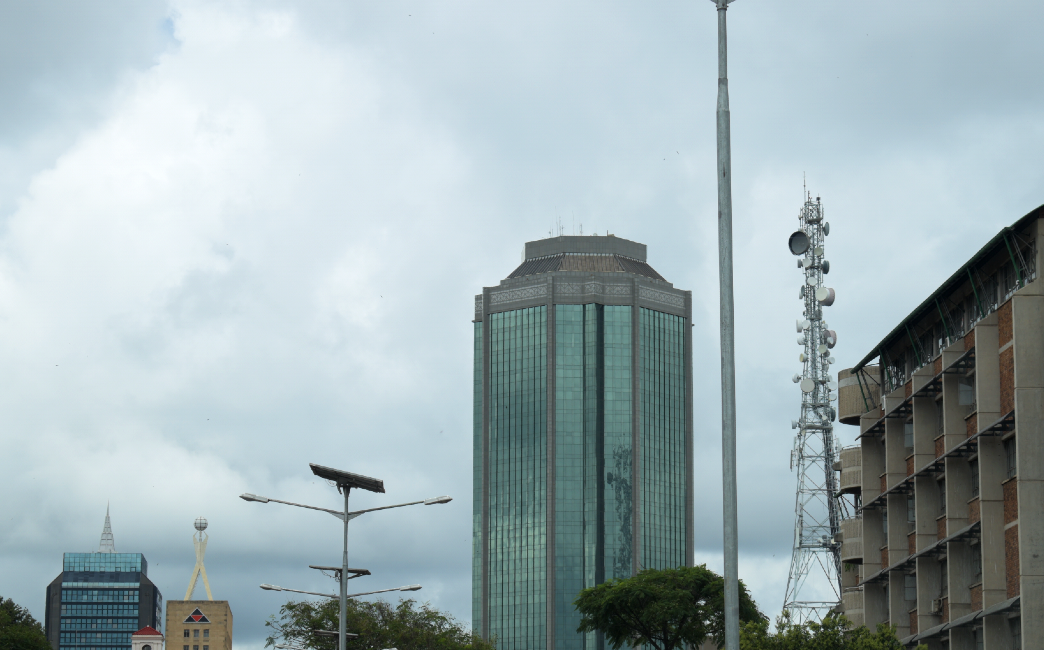

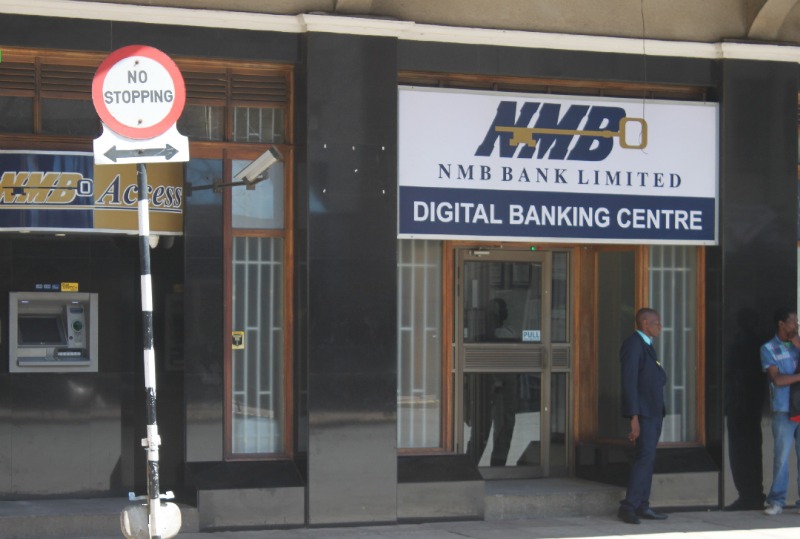
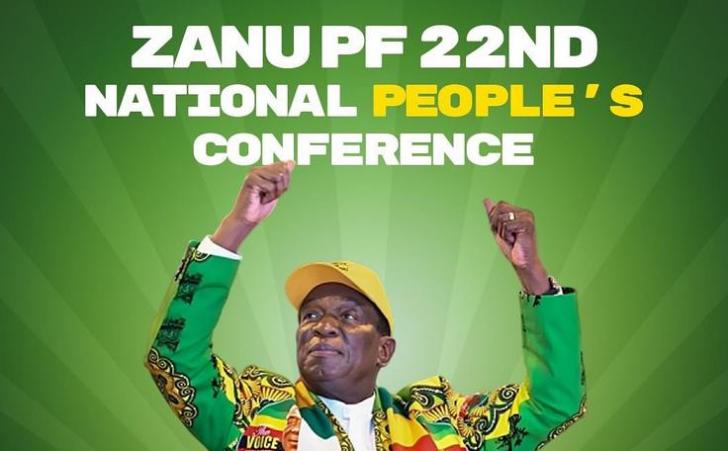
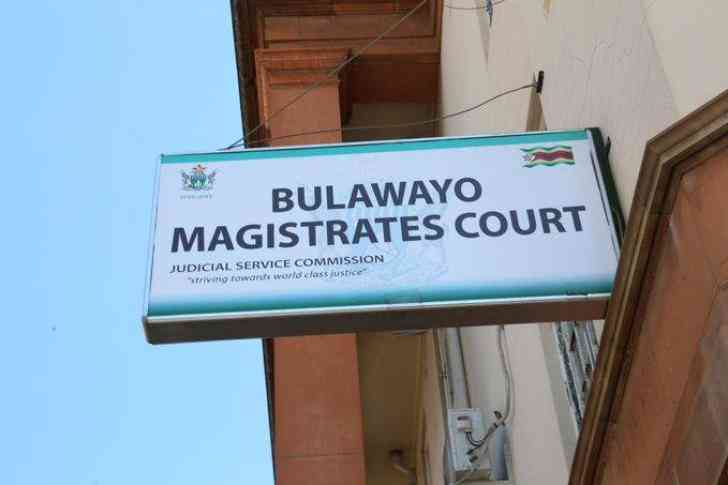
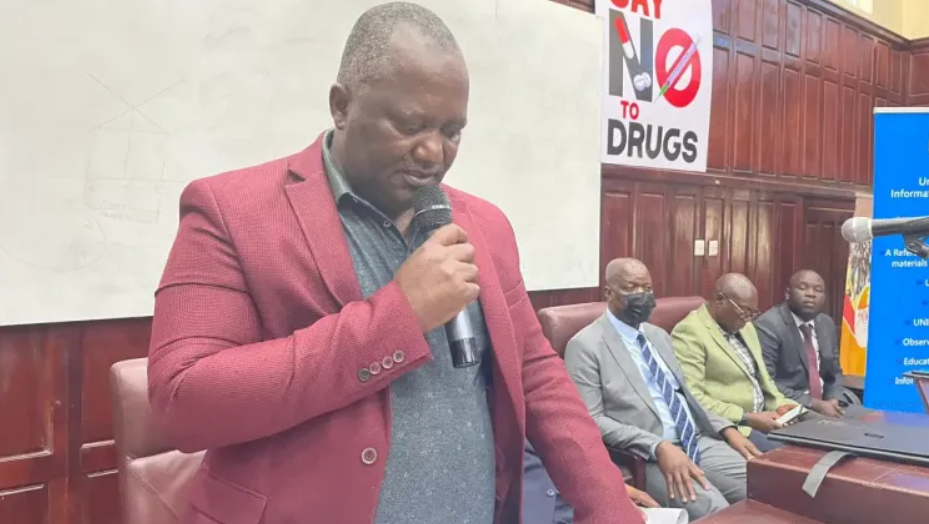
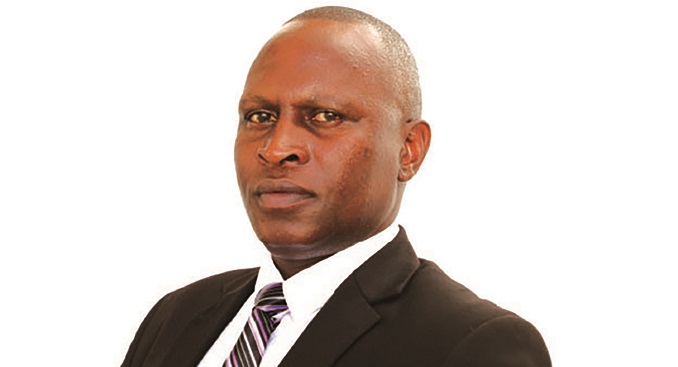
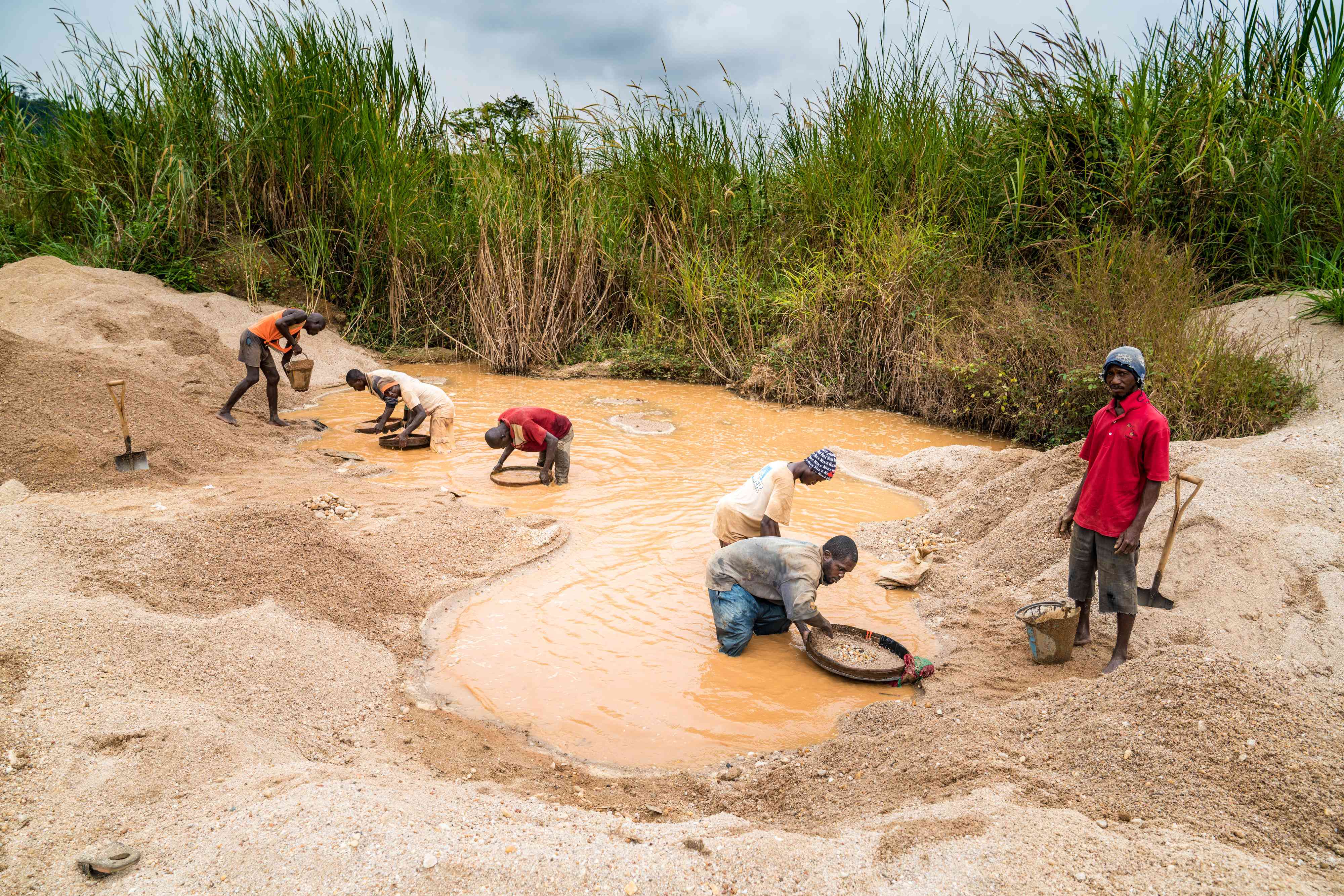

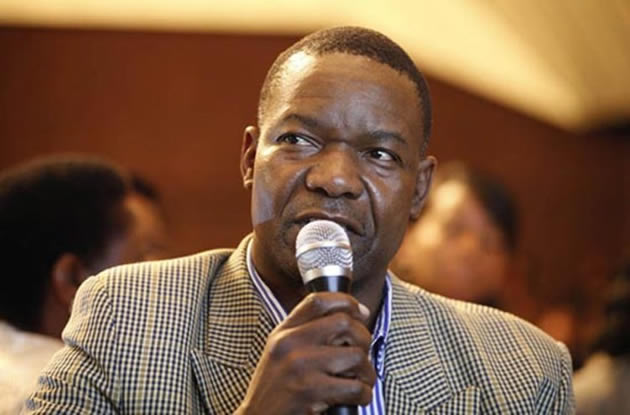
 Young Investment Professional (YIP) Graduate Programme 2019
Young Investment Professional (YIP) Graduate Programme 2019
Editor's Pick